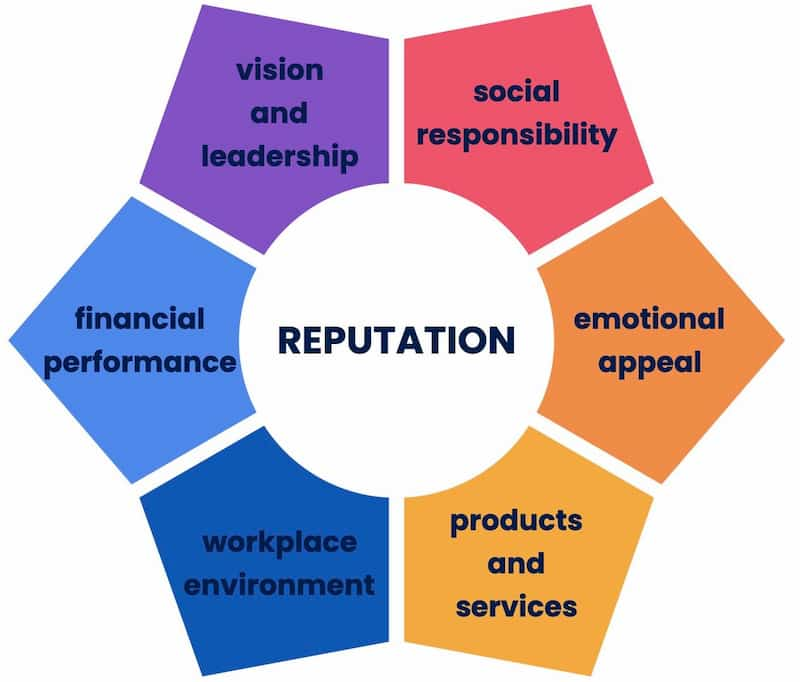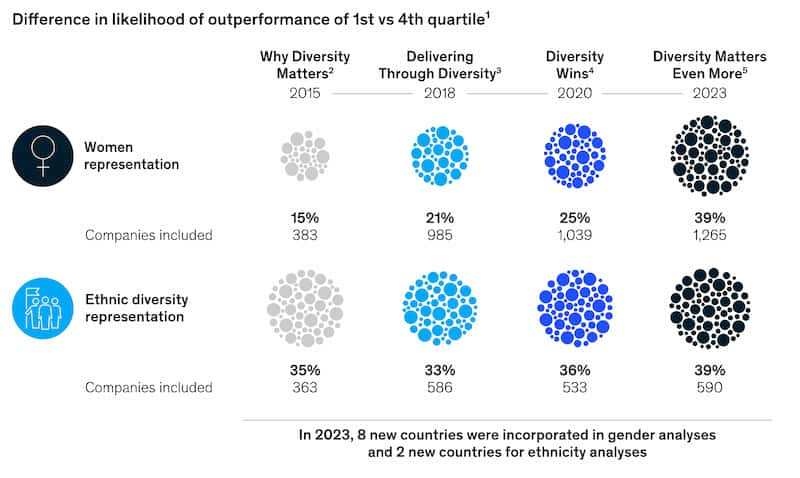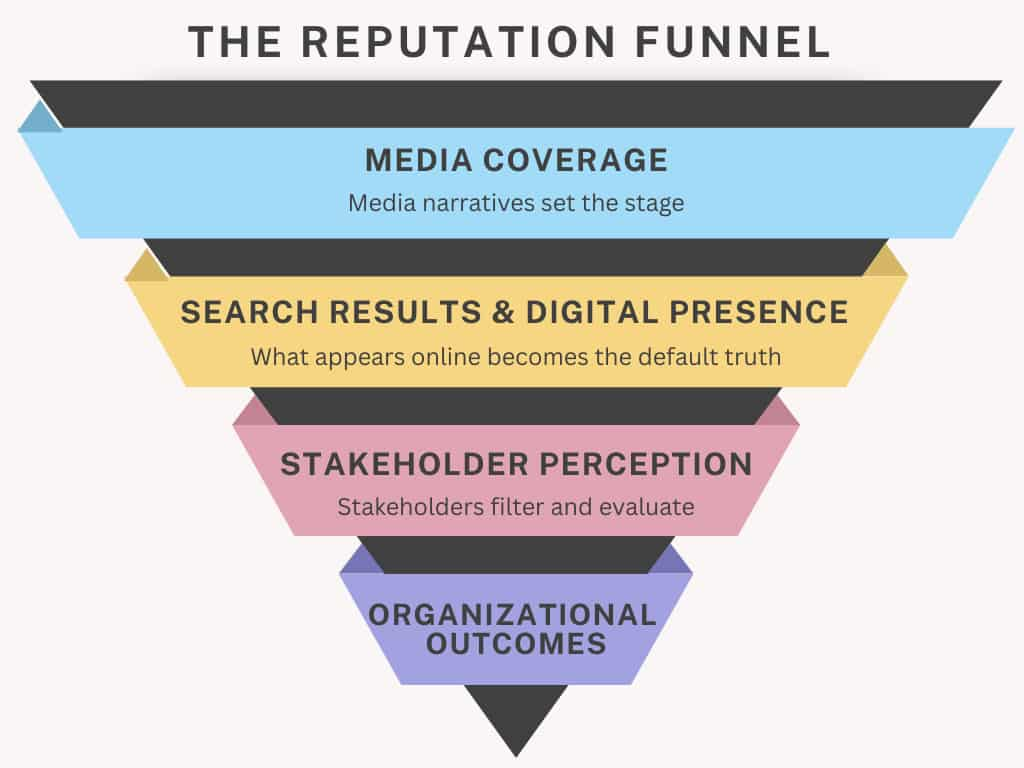Strategies for Managing Board-Level Reputation
We’ve all been there—your board just made a big decision. Maybe it’s appointing a new CEO or announcing a major business shift. Suddenly, investors are second-guessing the details, your employees are debating it over Slack, and the media is dissecting every line in the announcement. The conversation rapidly moves beyond what your board decided to how your board operates—its integrity, transparency, and leadership. Sound familiar?
The fact is, board-level reputation has moved beyond internal chatter to become front-page news. Any misstep can quickly cascade into a full-blown reputational hit, impacting how your company is viewed externally. While we often think about corporate reputation as a holistic concept, the truth is, people notice the actions—and missteps—of specific leadership teams more than ever. Keeping your board’s credibility strong isn’t just good practice; it’s mission-critical.

In this piece, we’ll dig into practical steps—real, workable strategies—that can keep your board viewed as trustworthy, transparent, and capable. These tips won’t feel abstract; they’re based on the real-world experiences we all deal with at some point. Before we delve into the hows, let’s quickly cover why it matters so much.
Key Takeaways
- Board credibility shapes how your company is perceived: Your board’s decisions ripple outward, affecting everything from investor confidence to employee morale. When stakeholders trust your board’s intentions and clarity, you create stable relationships that survive the bumps down the road.
- Ethical governance as prevention, not damage control: Robust governance practices—regular audits, clear codes of conduct, ethical transparency—are the “preventative medicine” for reputation damage. Trust-building isn’t something you deploy only in a crisis; solid governance means fewer crises altogether.
- Clear and proactive communication isn’t optional: Stakeholders shouldn’t have to read tea leaves—they expect clarity and transparency especially during uncertainty. Good communications can’t solve all issues, but it goes a long way toward defusing misinformation and concerns.
- Board diversity brings genuine value: Diverse boards aren’t just socially responsible; they genuinely make better, more informed decisions. Different backgrounds and perspectives around the table lead to healthier discussions and stronger outcomes.
- How you respond to a crisis matters more than the crisis itself: People will forgive you for mistakes. They won’t forgive half-hearted apologies or a lack of accountability. Have a clear response plan and commit to authenticity when trouble comes knocking.
- Your board’s reputation is part of your broader brand: Your board isn’t an island. Their tone, decisions, and transparency need to align with the values your wider company communicates daily. Otherwise, the mismatch creates confusion and can cost your brand credibility.
- The goalposts for reputation management are always moving: Emerging trends like digital accountability and ESG expectations mean successful boards have to adapt continuously. Yesterday’s strategy might not cut it tomorrow. Your policies and responses have to evolve, just like your stakeholders’ expectations.
With these points in mind, let’s talk about the practical steps you can take to safeguard your board’s reputation.
Strategies for Managing Board-Level Reputation
Managing a board’s reputation isn’t an abstract exercise. It’s about being mindful, transparent, and honest about the realities of leadership. You have to consider not just the big dramatic moments, but also your day-to-day habits and behaviors.
Let’s look at some strategies you can use to keep your board steady, credible, and effective.
Build Ethical Practices into Daily Operations
Ethical governance isn’t a checklist item—it’s the foundation of trust. Establishing clear standards for ethical conduct and accountability across your board and regularly demonstrating adherence is step one. Keep in mind how quickly even respected companies fall when they ignore this—just think about Wirecard’s sudden collapse due to financial misconduct.

Go beyond mere compliance by consistently conducting audits, openly reviewing practices, and welcoming external oversight. Encouraging whistleblower mechanisms and demonstrating zero tolerance for ethical compromises sends a clear message. Handling ethics proactively isn’t a chore; it’s ingrained in a healthy corporate culture.
Communicate Clearly and Regularly
When your board makes consequential decisions, good communication ensures stakeholders don’t feel blindsided. Direct channels like regular investor calls, clear employee updates, or focused stakeholder briefings go a long way toward fostering confidence.
Digital tools like sustainability dashboards or transparent ESG metrics provide stakeholders with real-time insight. Showing you’re willing to be open and proactive can further cement trust—even if every decision doesn’t land perfectly, your audience recognizes intention and openness better than silence or vague corporate messaging ever could.
Diversity Isn’t Just Good PR—It Delivers Better Outcomes
Today’s stakeholders will not only notice but actively advocate for diverse boards. Studies back up why this matters—not just ethically but profitably too. McKinsey, for example, found that ethnically diverse boards statistically outperform their peers financially and creatively.

Practically speaking, this means actively looking for voices you might not have considered before, investing in mentorship or partnerships with organizations promoting representation, and committing to measurable diversity goals. It’s about genuinely tapping broad perspectives rather than tokenism. Stakeholders are savvy enough to know the difference.
Align Board Reputation with Overall Company Identity
Your board’s decisions and the way they communicate should align naturally with your company’s brand and stated values. If the board publicly emphasizes sustainability as a core philosophy, for instance, your decisions and actions should transparently show that priority rather than contradict it. Coordinating board activities with the larger corporate reputation creates cohesive credibility.
Keep Looking Ahead
Just as you adapt business strategies to shifting markets, your board’s approach to reputation management must evolve with changing expectations. Issues like ESG transparency, digital data ethics, and AI oversight are only going to grow more prominent. Be conscious of these emerging trends and have a plan to address how your board tackles them sooner rather than later.
Emerging Concepts in Board-Level Reputation
Board reputation management is evolving quickly. Beyond traditional governance and financial oversight, directors today are judged on how well they adapt to new digital, social, and cross-industry expectations. Here are three emerging concepts that reshape how boards should think about reputation:
Cross-Platform Reputation Portability
Board members often serve on multiple boards across various companies, industries, and nonprofit organizations. Research shows that leaders can “import” credibility from one context to another, but only if there’s a strong fit between the reputation source and the new role.
Example: A CEO praised for digital innovation at a tech firm may carry that credibility into a retail boardroom, but if they join a healthcare board, the same reputation might not transfer unless adapted to the new industry’s trust requirements (like compliance, safety, and ethics).
Boards should highlight directors’ relevant achievements contextually, not assume reputation automatically translates across domains.
Digital Transformation as a Reputation Metric
From McKinsey’s Rewired, digital leadership is now a key dimension of board reputation. Stakeholders, especially investors, increasingly evaluate boards on their ability to:
- Oversee AI adoption and governance
- Drive organizational agility through digital initiatives
- Ensure cybersecurity resilience
Why this matters: A board seen as digitally illiterate risks eroding investor confidence, damaging recruitment, and appearing out of step with competitors. Board members should continuously develop digital fluency, not leave it solely to management.
The Reputation Funnel
A useful way to understand board-level reputation is through a funnel model:
- Media Coverage: Traditional and digital media still set the tone for how boards are perceived.
- Search Results & Digital Presence: Only 5% of people go past page one of Google, making search visibility critical.
- Stakeholder Perception: Employees, regulators, and investors interpret these signals; reputation is their evaluation, not the board’s self-image.
- Organizational Outcomes: Poor board reputation can increase turnover risk, suppress stock performance, and repel top candidates (69% of job seekers reject offers from poorly reputed firms).

Boards need to manage every stage of the funnel, not just what happens in the boardroom.
Conclusion
Board-level reputation isn’t a luxury or occasional feel-good initiative—it’s your daily currency of trust and credibility with stakeholders. Each step your board takes, big or small, signals your company’s values and leadership quality. In a hyper-transparent environment, mistakes or missteps quickly come under public scrutiny—not just among investors but also among employees, customers, and the broader public.
Yet the good news is reputation isn’t just about crisis avoidance. It’s also about actively building trust every day through simple consistency—in ethics, in communication, in diversity, and in aligning actions with words. These aren’t abstract ideals; they’re practical means of navigating today’s business world.
Above all, boards that succeed in safeguarding their credibility share a key trait: they’re adaptive, thoughtful, and authentic. They don’t shy away from tough conversations, they listen when they need to listen, and admit missteps openly. More than ever, stakeholders expect clarity, not perfection.
So take a step back and ask the hard questions:
- Is your governance framework clear and actively used?
- Do you genuinely prioritize openness with key groups?
- Does your board diversity provide real perspective, not just optics?
- Do your board actions reflect what you say matters?
The answers to these questions can be your roadmap. And remember, cultivating the right reputation is less about managing your image and more about fulfilling the promises you make daily—to your stakeholders and to yourselves.
